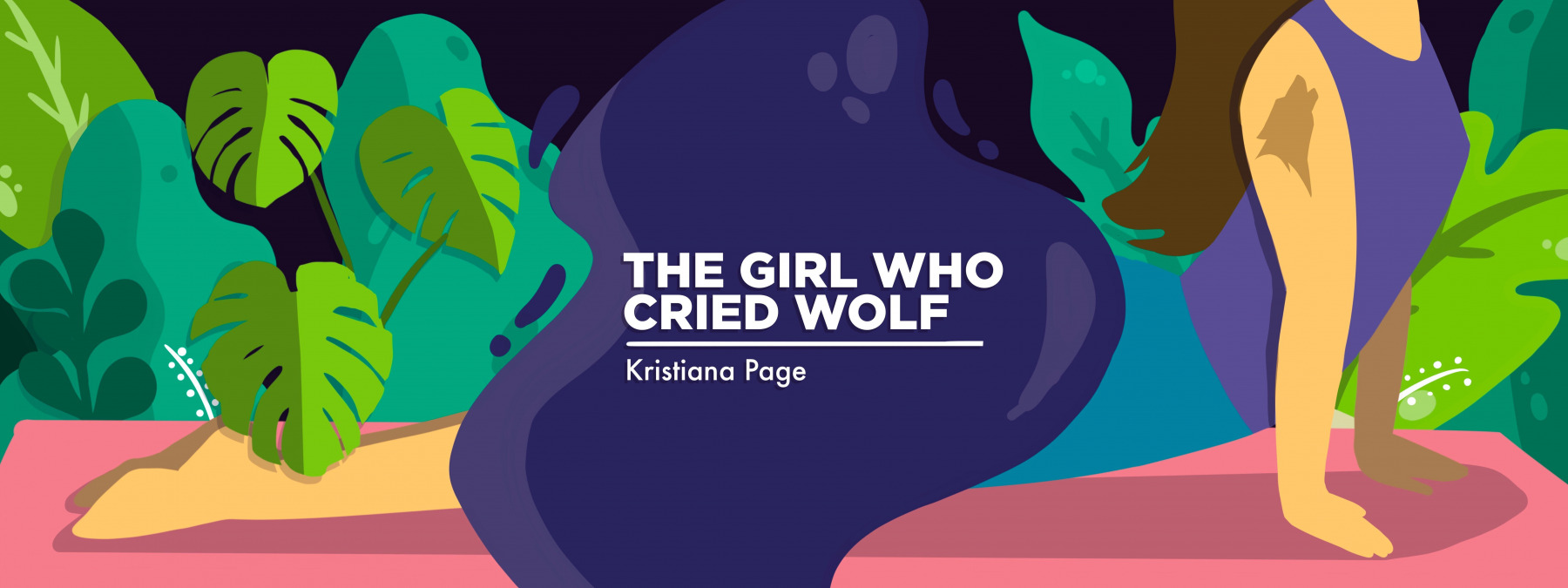Love Triangle, Part 2: The Complex Relationship of Lupus, Love, and Me
When searching for a partner, how much would you reveal about your chronic illness?
Written by |

Second in a series. Read part one.
It was June 2016, and I remember unlocking my phone, opening up the Tinder dating app, and staring at the screen. Where to begin?
Recently diagnosed with a chronic illness, I didn’t even know how to approach bringing someone new into my world.
Looking at my old profile, none of it was a lie, and yet somehow it didn’t feel like the whole truth anymore. My interests were the same and I looked the same, but what pre-diagnosis Kristiana had presented to the Tinder-verse no longer seemed a fair representation.
A world of change had happened in only a few months, some of which I felt compelled to share. The thing about chronic illness is that while it belongs to an individual, the ripple effects are felt far, wide, and often. If I wanted to share my life with someone, it was inevitable that they’d be hit by the spray.
What to reveal?
When was the right time to tell someone I’m not as healthy as I appear? What was the right way to ease someone into an introduction to my new lifelong health struggle? And, most pressingly, if I barely understood lupus myself, how would I explain it to someone else?
We live in the age of instantaneous downloads. We receive and digest information in the blink of an eye and make decisions not even a moment later. In a world of swiping left and right based solely on photos and a handful of sentences, I didn’t want to be waving a red flag. I didn’t want to be automatically discounted. In our health-centric society, words like “lupus” and “chronic illness” are a warning before I can tell you anything else about myself.
Then I was struck by another thought: Maybe that was the point. Maybe I should come with a warning.
I remember my perspective changing. Overnight, it felt like everyone else was a shiny new toy, perfect and whole. And there I was, scratched up, imperfect, and missing the odd part. I didn’t feel worthy of other people anymore because now I was “different.”
Stuck between blunt honesty and giving myself the best chance, my anxiety ran wild. I’d been diagnosed with a health condition that had no known cause or cure. I could require treatment for the rest of my life, and there was a list of potential symptoms and complications longer than my arm. Why would someone consciously sign themselves up to deal with that? Why would anyone, let alone someone “healthy,” want to be with me? And even if they did, was it fair of me to let them?
My brain started running through options.
I could come straight out with it, full disclaimer. Put it in my bio for the world to see and hope for the best. That way, any potential matches knew my deal from the get-go. What a first impression that would be!
On one hand, this seemed the fairest to folks on Tinder. I’d never have to find the perfect moment to break it to them if I was honest from the start. My main concern with such a blunt approach? Despite any speckles of doubt, I know I’m so much more than my lupus. I needed people to see that before they made up their minds about me.
It’s undeniable that lupus is an integral part of who I am, but I’m a whole, wonderful person separate from it. “Chronic illness” and “lupus” speak of a health condition chosen for me. Those words can’t tell you about the ever-present kindness and thoughtfulness I learned from my mum. They don’t demonstrate the relentless drive and ambition handed down by my dad. Lupus is a word that gives context, but is far from a comprehensive definition. The fact that it’s part of me is undeniable, but I dictate how important that part is overall.
The decision
I decided against the “disclaimer” approach. I was taking a conscious stand, choosing to give myself the chance to highlight my other qualities first. In moments like this, early in my journey, I chose to separate myself from my illness. Viewing lupus as a stand-alone entity didn’t stop the niggling thoughts, but it did create enough space to remember and double down on all the things that make me great.
For some, hearing that I have lupus would be a deal breaker; for others, it’s just another factoid. I made the decision a long time ago not to start the conversation with lupus, because while it might be a feature, it’s far from the headline.
Join me next week for the final installment of this series, in which I’ll share how my perspective has changed and my confidence has grown, so that I no longer struggle with feeling unworthy of love.
Note: Lupus News Today is strictly a news and information website about the disease. It does not provide medical advice, diagnosis, or treatment. This content is not intended to be a substitute for professional medical advice, diagnosis, or treatment. Always seek the advice of your physician or other qualified health provider with any questions you may have regarding a medical condition. Never disregard professional medical advice or delay in seeking it because of something you have read on this website. The opinions expressed in this column are not those of Lupus News Today or its parent company, Bionews, and are intended to spark discussion about issues pertaining to lupus.






Leave a comment
Fill in the required fields to post. Your email address will not be published.